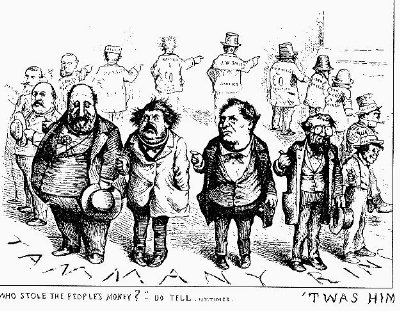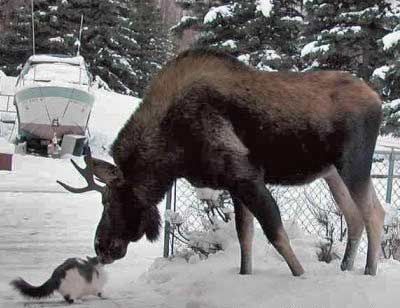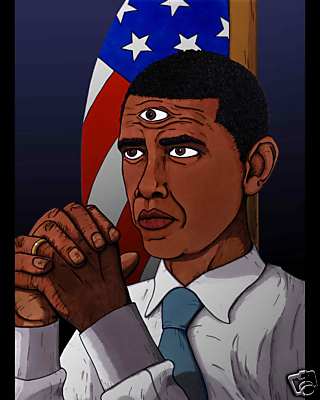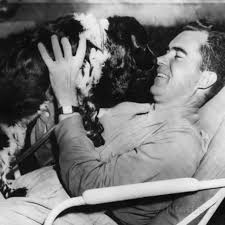Peter Beinart’s Cold War Liberal Problem
Wednesday, May 31st, 2006Peter Beinart has been running around hawking his new book The Good Fight : Why Liberals—and Only Liberals—Can Win the War on Terror and Make America Great Again.
It’s a call for a “muscular foreign policy” in the Truman and “Americans for Democratic Action” tradition, the “Cold War liberalism” that dared to attack the foreign threat of Communism and cut ties with the Communists in the US en route to their model of Liberalism.
All of which is sort of good, as far as it goes. Maybe. You will remember, or you will learn here, that the ADA was constitently attacked as being proto-Communists by the Right and Joe McCarthy types. The lesson being that even if you decide to take a “hawkier than hawk” stand against foreign menaces, you will not be innoculated by the charges of weakness.
Next I invite you to consider the problem with Peter Beinart by way of Iraq. He advocated the war in Iraq. He suggested that the opponents were weak-kneed surrender monkeys. He was unable to see the perils of attacking Iraq. Today, he’s sort of come around on Iraq, believing it was a mistake, while at the same time continuting to suggest that the opponents of the War in Iraq are… weak-kneed surrender monkeys.
The problem here is that his “Liberal Hawk” “hark back to the Cold War Liberalism” positioning more or less predisposed him to reflexively stand for a War in Iraq. A similar case may go for, say, Hubert Humphrey — the type of Cold War liberal Beinart is suggesting we emulate, on Vietnam.
Actually the Truman case is pretty interesting as well. After a number of years in Korea where the Cold War Liberalism and the reflexive desire to … keep… going… we turned to Eisenhower to do a “Nixon goes to China” and just call the whole thing off, saving us from one morass before we embarked as a nation on a completely different morass.
What I’m suggesting here, if Peter Beinart is aware of such problems, is that the idea that you can have two competing thoughts in your mind, and shift a bit from time to time, in your assessment of “knowing what you believe”. The Cold War offers many lessons, and one of them is that sometimes it’s better not to reflexively fight and it’s not a good idea to venomously attack the peaceniks.




